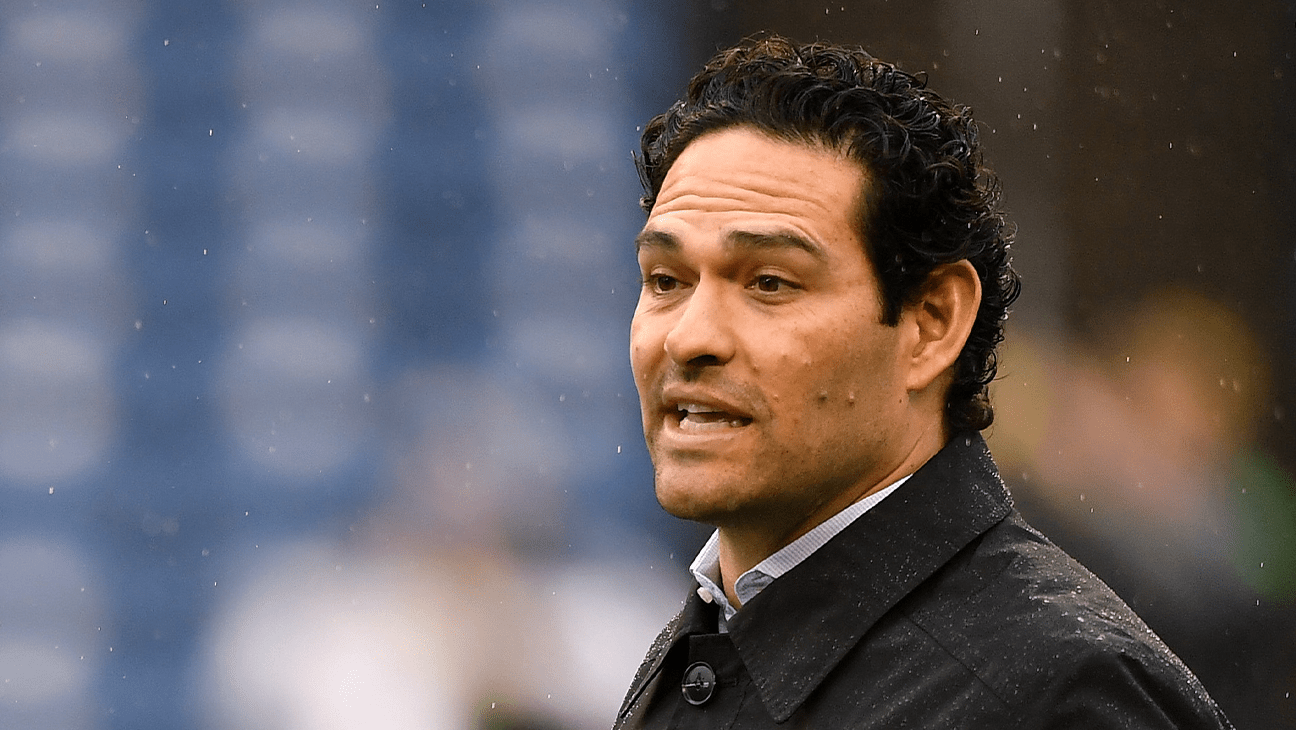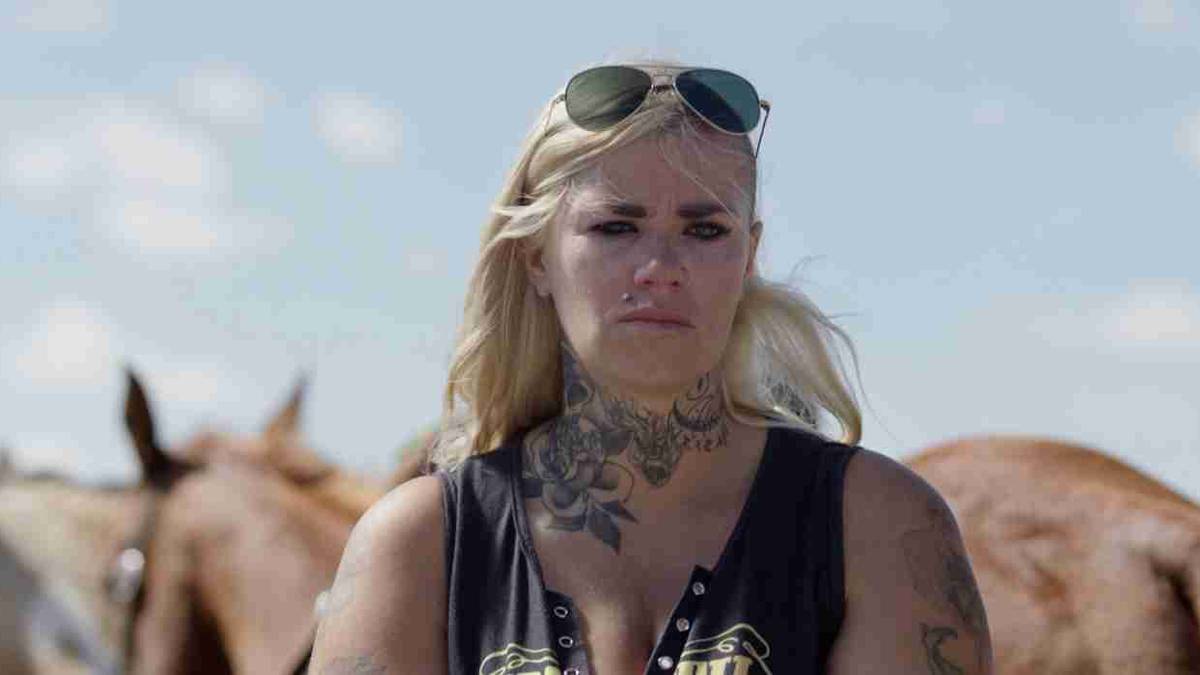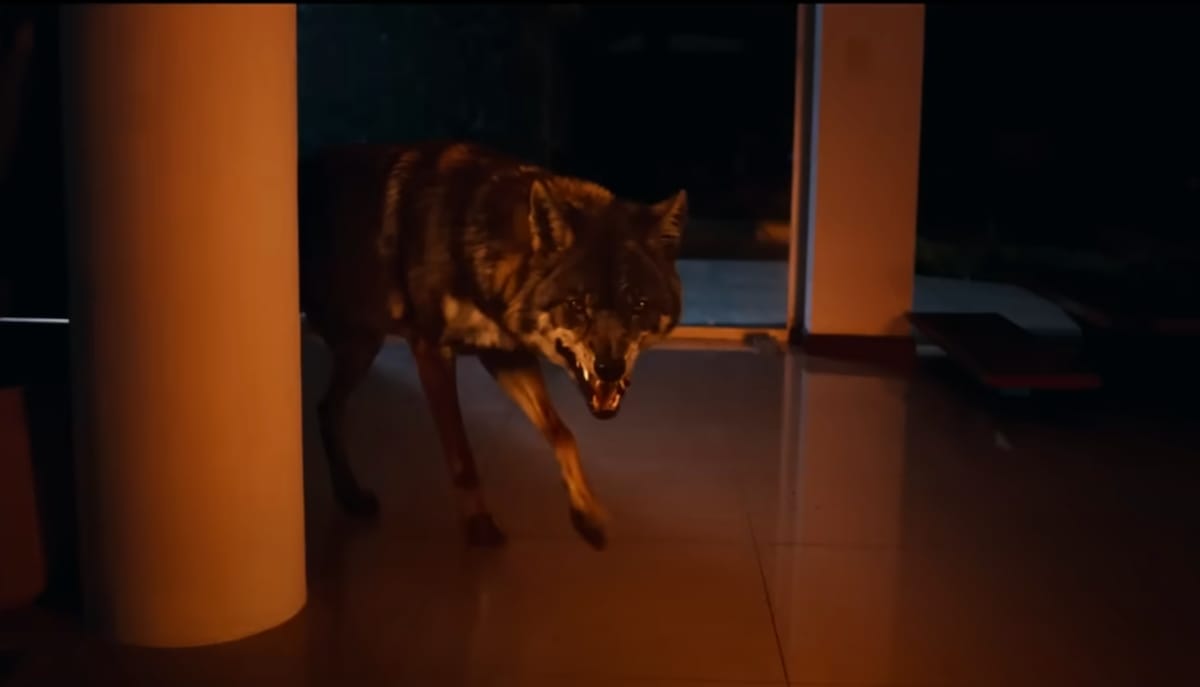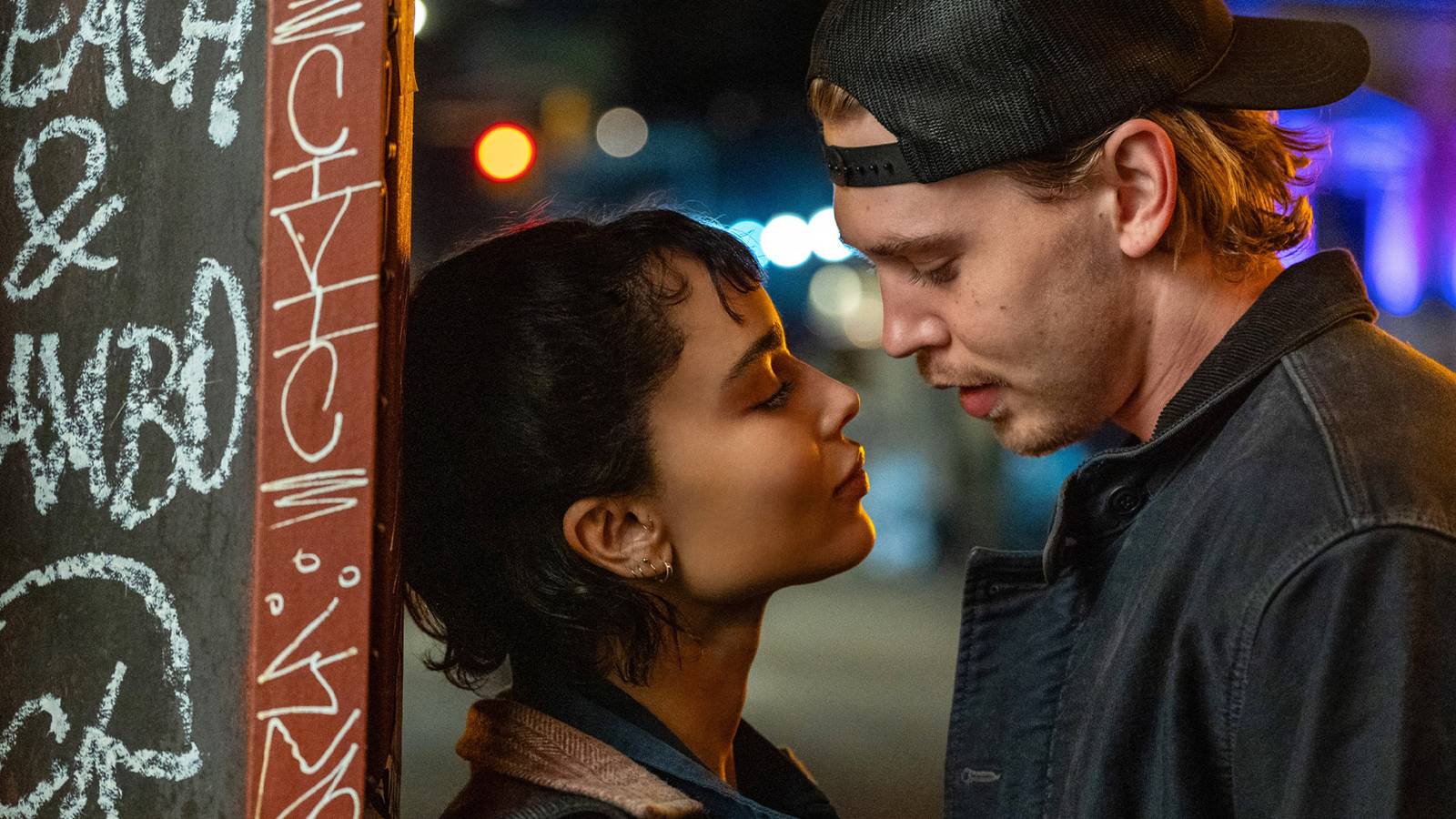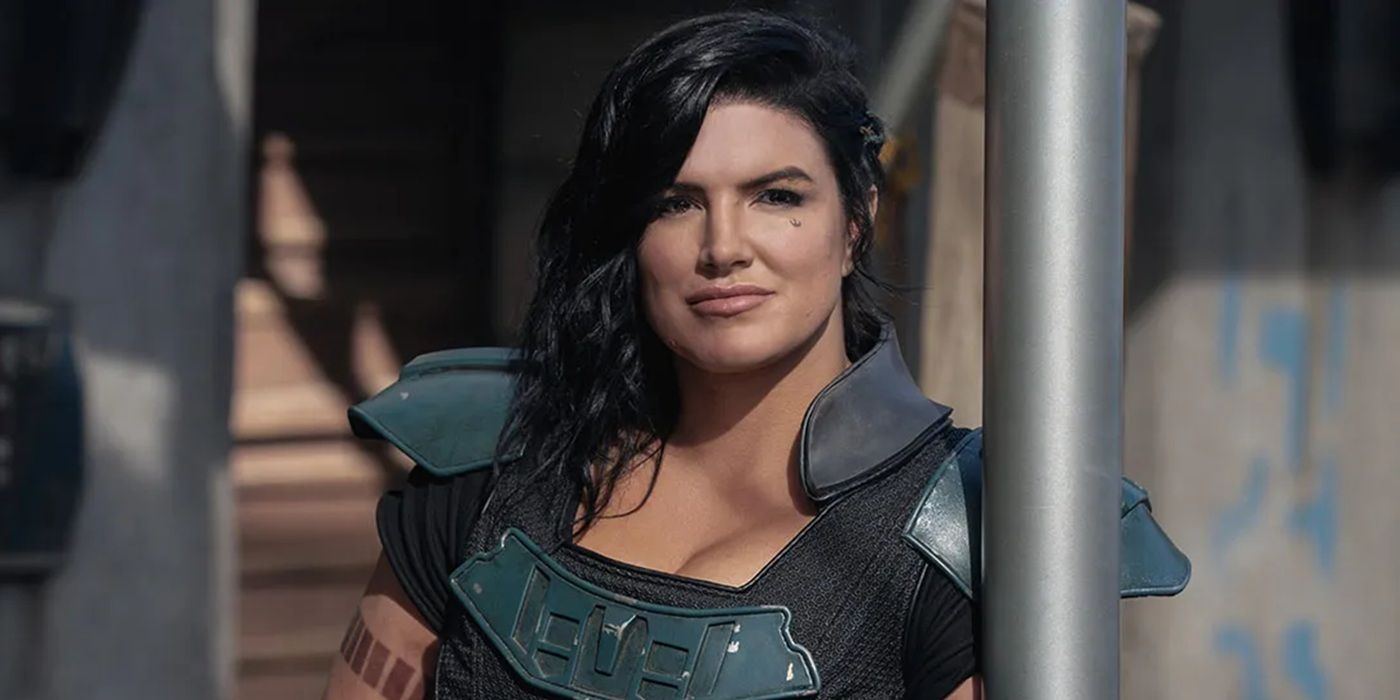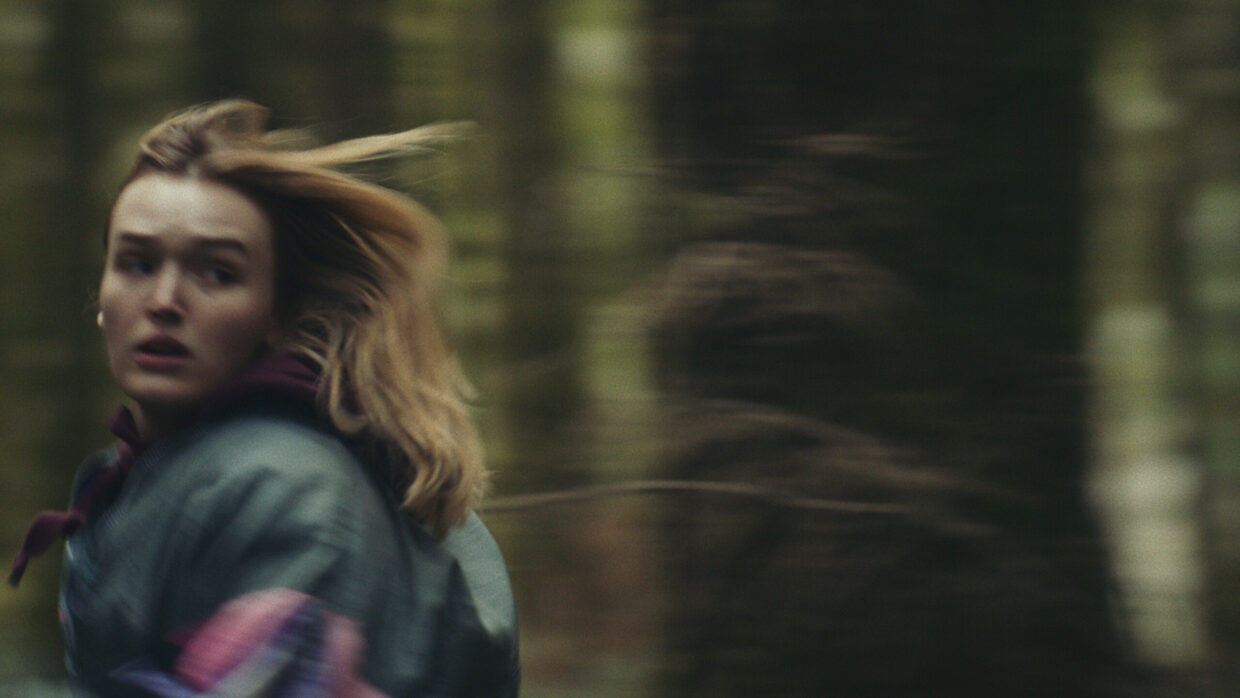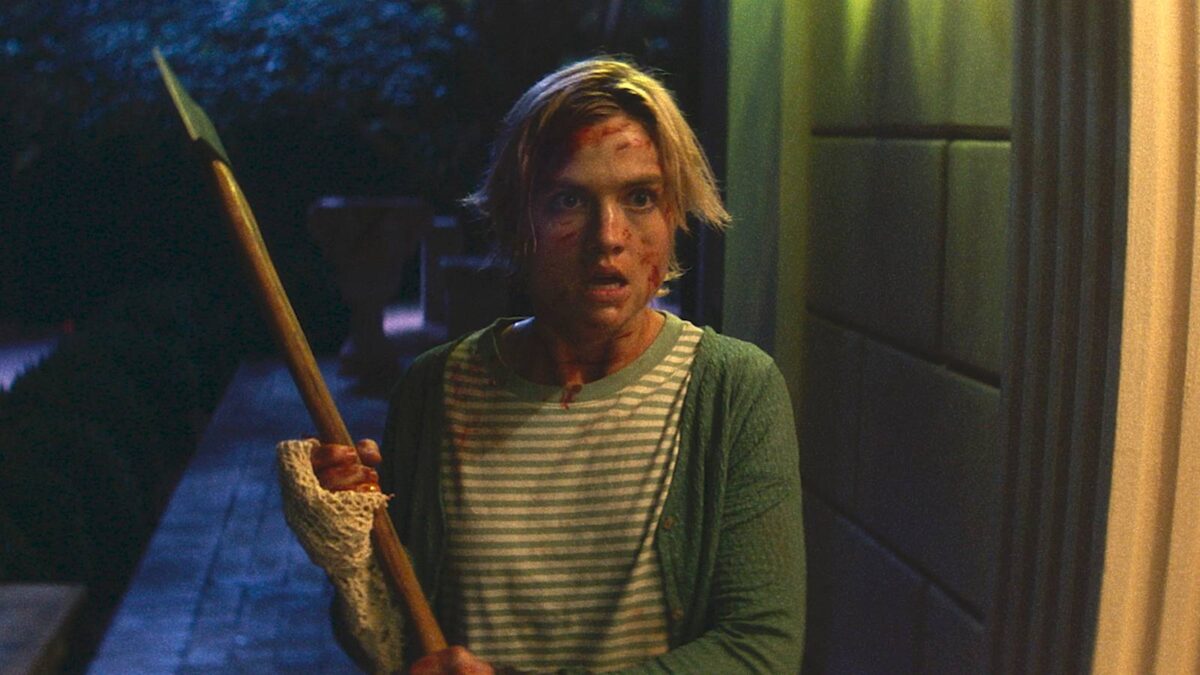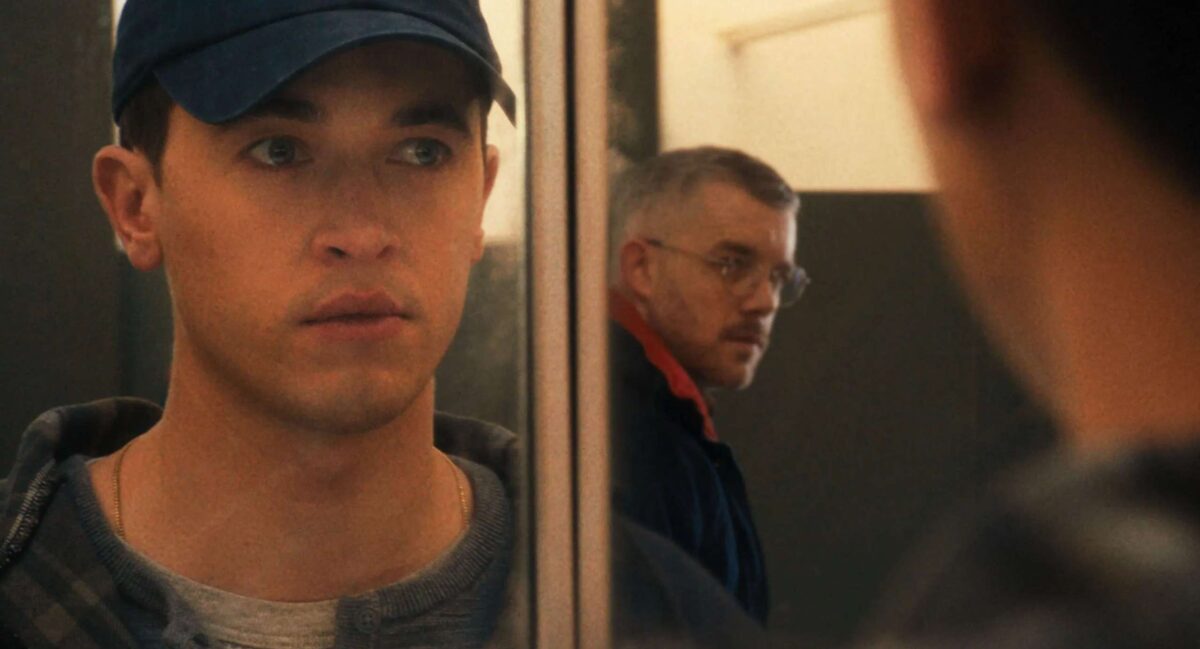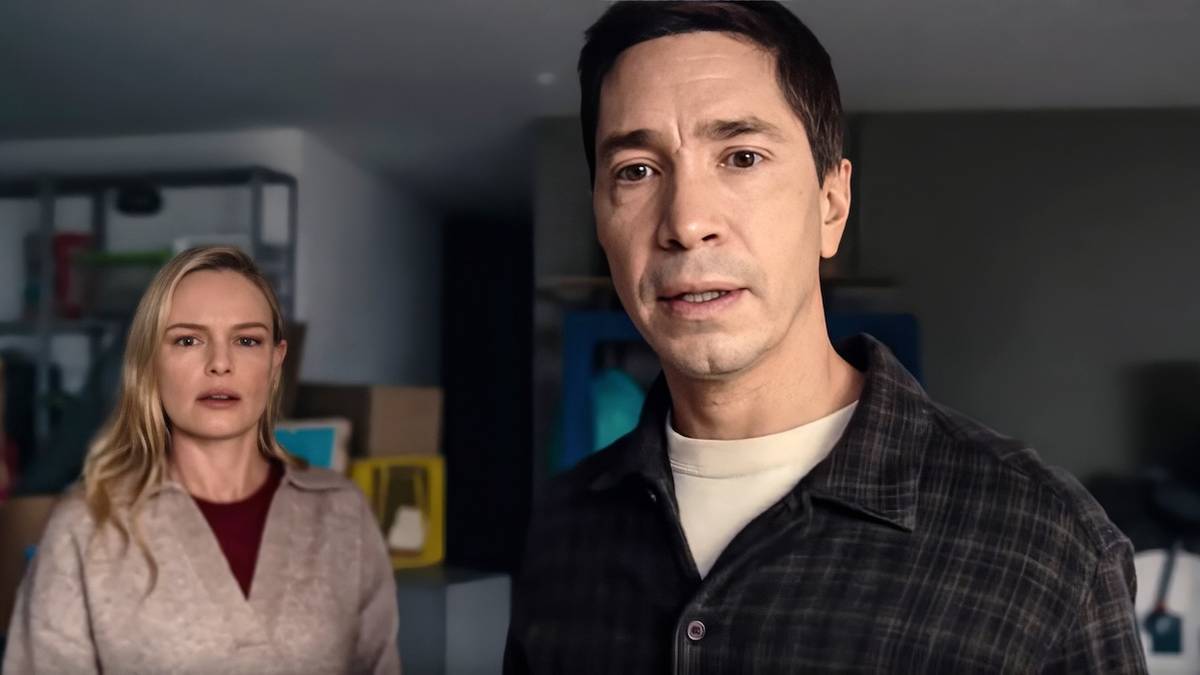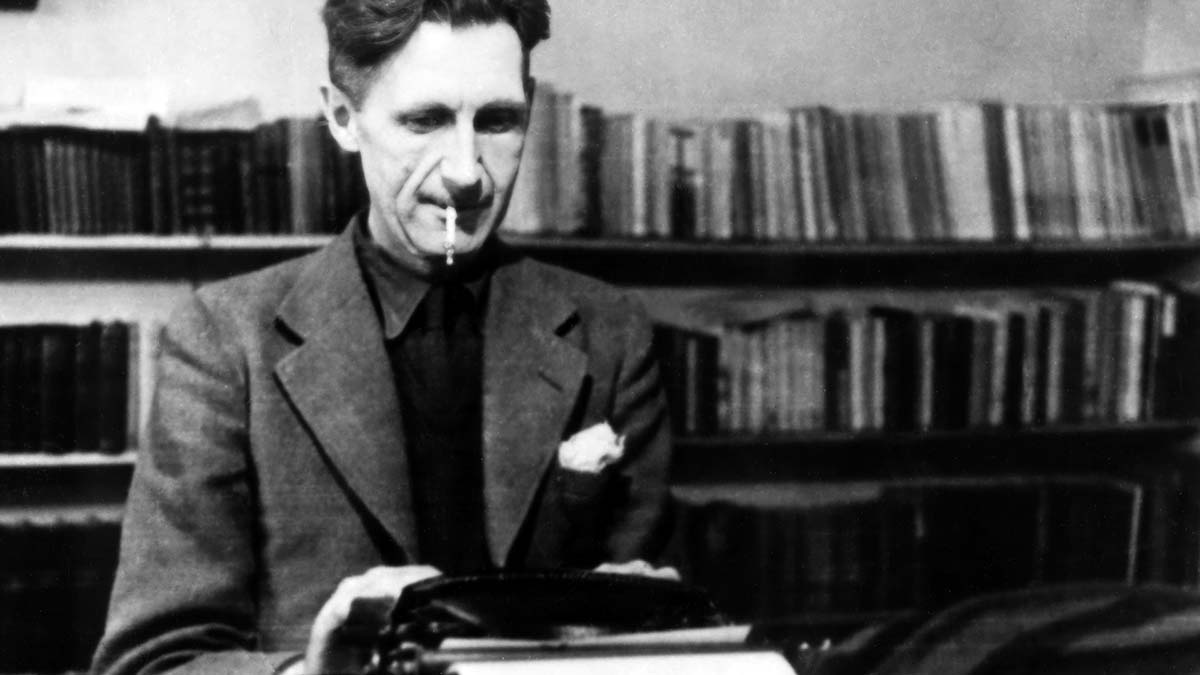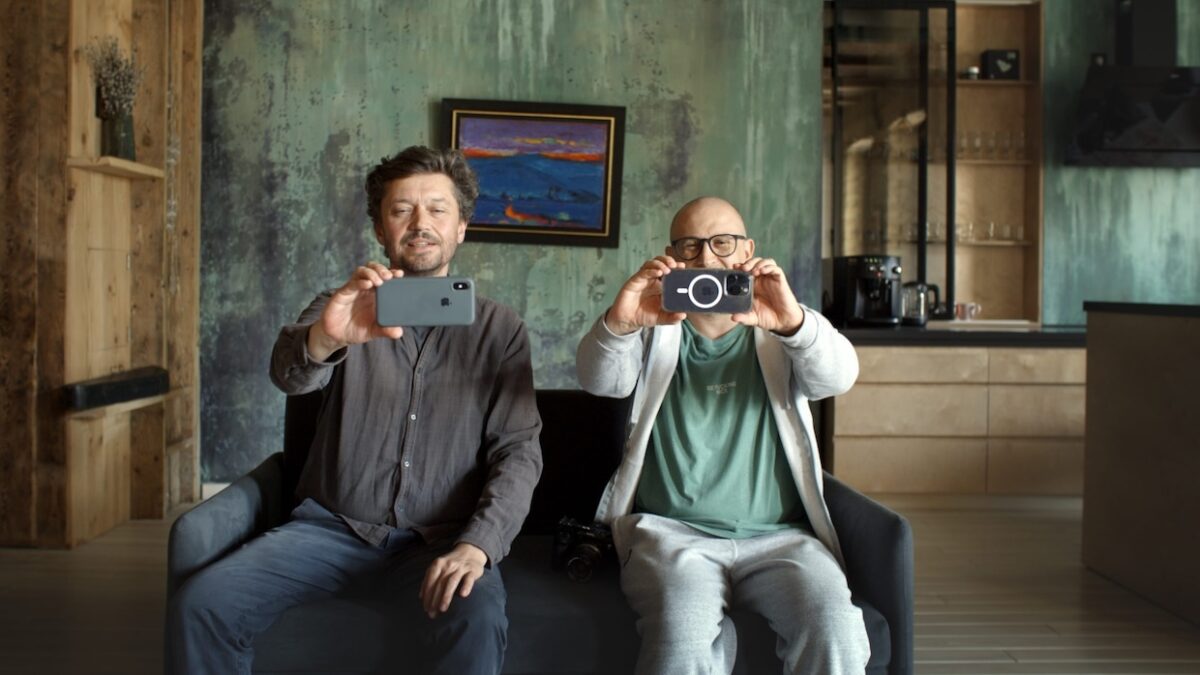
Interview: Valentyn Vasyanovych on To the Victory!
Sep 5, 2025
To the Victory!
When Valentyn Vasyanovych shot The Tribe (2014) by Myroslav Slaboshpytskyi, he was a cinematographer and emerging director. Shortly after, he developed an impressive oeuvre of his own beginning with Black Level (2017), a dialogue-free film about a wedding photographer in a midlife crisis. Similarly to The Tribe, Vasyanovych was exploring a novel cinematic language within a new wartime reality, establishing a formal strategy consisting of a strictly static camera and deep focus, extended mise-en-scène and minimal editing through which his films can be recognized.
Two subsequent fiction features brought him international acclaim, whose frighteningly prescient narratives helped him attain the status of a prophet at home. In Atlantis (2019), which won the top prize in Venice’s Horizons section, he depicts a dystopia set in 2025 in which Ukraine has defeated Russia, telling the story of a former soldier tormented by PTSD. This bleak film about scorched earth and broken souls includes shots of Mariupol’s Azovstal, the site where in May 2022 Ukrainian soldiers endured a hellish siege. Reflection (2021)—again the story of a man who has survived the horrors of captivity and cannot return to family life—resonates today with thousands of Ukrainians going down a similar path.
Vasyanovych is also known for his loud concern about the Ukrainian State Film Agency. Notorious for murky financial manipulations and strange decisions—including the liquidation of the Dovzhenko Center and a lack of understanding about non-commercial cinema’s necessity—its funding is increasingly redirected toward national propaganda, while auteur cinema is suffocating without their support. Back in 2020, as a sign of protest against yet another scandal related to the State Film Agency, Vasyanovych refused a decoration from Volodymyr Zelenskyy, then just only over a year into his presidency after coming into politics from show business.
This crisis of policy and Vasyanovych’s enduring opposition to it lies at the heart of his latest film, the TIFF 2025 premiere To The Victory! Departing from depictions of grim trauma, he yet again portrays the future, at an undefined moment when the war in Ukraine has ended. The main character, played by Vasyanovych himself, is a kind of simulacrum of himself, surrounded by total misfortune. The country faces a demographic crisis because of those who left; families are falling apart (including his own); the nation is in political crisis and corruption. Against this backdrop, the protagonist of To The Victory!, similar to the real Vasyanovych, desperately tries to make a film which can serve as a reflection on national and personal matters. Vasyanovych shot this film without any state money, bringing in the entire production crew of To the Victory! as cast members, thereby erasing boundaries between reality and fiction. Adapting his distinctive cinematic language of simplicity and minimalism, he transposes all of that formal rigor onto a bizarre tragicomedy, anticipating the justifiable anxieties of the Ukrainian industry. What will this country even look like in a post-war context? Is there a future for its national cinema, and if so, who will even watch it? Vasyanovych’s answers are fittingly grim, as the future he depicts is already taking shape in the present.
I spoke with Vasyanovych over Zoom before his world premiere in Toronto in the Platform section. We talked about the tangledness of the plot, how he plans his films on a single sheet of paper and dislikes writing scripts, and why the end of the war might be worse than its beginning.
Filmmaker: You often say that you feel more comfortable working with the future in cinema. But in your films about the future—especially in the life and surroundings of the protagonist in To the Victory!—there’s nothing comfortable at all.
Vasyanovych: I chose the future as a way to break away from the context of war, which is so powerful, traumatic and dramatic that it makes no sense for me to [make a] film about it right now. As I usually do, I jumped into the more comfortable world of the future, where I feel like a god. I can construct anything I want, and there are no consequences. If the story of To the Victory! were set in today’s reality, it would be far more dramatic. Above all, it’s about family struggles—something many people in Ukraine are experiencing right now. These same struggles affect those on the front line, defending the country, while at the same time losing their families and being powerless to change it. So I chose, let’s say, to soften this problem, while realizing that in the future this problem will still be very much present.
Filmmaker: Some Ukrainian media, when covering the film, emphasized that it will show a country drowning in corruption. But in fact, the film doesn’t really address that directly and instead emphasizes another urgent theme—our demographic crisis.
Vasyanovych: From the very beginning, I wanted to use a different opening title [the film opens with news about the number of people who left Ukraine]. I originally planned to insert a fragment—something about, “We elected a bad president, and the country went to hell.” I wanted to put more politics in there, but abandoned that idea and instead brought the issue of families broken by war to the forefront. I’m genuinely very afraid of postwar elections and their outcomes. In 2019, I was simply devastated when Zelenskyy was elected. I couldn’t believe it; I thought it was some kind of bad joke, yet that joke swallowed the whole country. I fear that people, worn down by the war, may again fall for promises from populists. So in a sense, we’ve left to fate—or to faith—the question of whether Ukraine will exist at all. That’s why the very fact that it exists in our film is already a profoundly optimistic note.
Filmmaker: I know you tried to step out of your comfort zone with the future and began—or at least wanted to begin—working on a documentary. Is there any connection between these projects?
Vasyanovych: Honestly, no connection at all. Once the invasion began, some people grabbed a rifle and others grabbed a camera. I grabbed a camera too, but nothing came of it, yet I still needed to film something. In general, I believe that in documentary filmmaking the director has very little control. He must be almost invisible, transparent, not drawing attention to himself. Everything depends on the subject. In narrative cinema it’s the opposite—you do whatever you want. You invent this world, and it’s entirely up to your will whether it comes to life or not.
Eventually I chose the easier path—not to make a documentary, but to make a narrative film with my friends, whose lives I witnessed firsthand as they went through personal dramas and family breakdowns. My own family was also not in Ukraine. I thought a lot about this kind of relationship model, where everything seems fine on the surface, but in reality, time and distance can quietly destroy even the best relationships. Your hormonal balance shifts, you get used to living alone, new routines settle in and suddenly everything external starts to irritate you. To restore a normal relationship after returning might take a long time. I felt this tension myself, observing what was happening, watching families fall apart, and I thought: this is only the beginning—things will only get worse.
Filmmaker: I still find it a bit ironic. You said that it’s easier for you to make narrative films, and your film in particular is about the crisis of film financing. But in reality, documentary is our goldmine right now—that’s what gets funded.
Vasyanovych: Yes, absolutely. But I’m simply unfit for documentary work. You need to be able to maintain long-term contact with people, to be very careful—it’s a talent, a set of skills I struggle with.
Filmmaker: Still, it seems to me that your experience as a cinematographer and documentarian continues to shape your approach to fiction.
Vasyanovych: Yes, of course. It’s about the influence of those positive emotions I felt while shooting a documentary, when you just don’t press the “stop” button, and suddenly a miracle happens. Those long takes where I don’t interfere, don’t change the framing, don’t focus on details. I just stand in the corner, hold my breath and don’t interrupt reality. That magic, that thrill—I try to carry it over into narrative film. I write scenes in advance where the camera simply stands in the corner while people live their lives. That’s exciting, because it already contains its own emotion and structure. For me, location and the visual side of the scene are also crucial—and in that sense, I’m very much still a cinematographer.
Filmmaker: Your scripts are usually very flexible, and the ideas behind your films can remain abstract right up until the end of shooting. Was that also the case with To the Victory!?
Vasyanovych: With To the Victory! all was more or less straightforward. I do have experience shooting a film, Black Level, without any script at all. With Atlantis, about 70 percent of the script was changed, and only the exposition remained, otherwise we would have ended up with a completely different film. With Reflection I stayed closer to the script, but still then the concept changed drastically right before shooting, which was also necessary for the film. This time I was forced to write some kind of structure and coherent idea. Mostly because the funds required paperwork—I had to submit something that looked and sounded decent, so I had to focus on writing endless director’s statements. Of course, it’s much easier for me to shoot than to write. So, we didn’t really stick to a script, but rather to a list of scenes I wrote out on a single sheet of paper. And I emphasize “on one sheet of paper,” so I could see the whole composition of the film. From there, new ideas developed during the process. I’ve always felt free to leave something unshot or, on the contrary, shoot something and then not use it. I never feel sorry about the footage.
Filmmaker: Since your film has so many meta-narratives, and your own crew is heavily involved on screen, did the presence of this collective reality in film escalate as the idea or shooting developed?
Vasyanovych: I planned to mix reality and cinematic reality so much that even I would have a hard time distinguishing them. I think that’s essentially how films are made. You live life, take a story, transform it, then gain new experiences, and the story changes again. It flows from one state to another, and for me, that’s an organic existence of cinema. So, since I was already confused myself, I wanted to confuse others too.
Filmmaker: And how was it for you in the role of an actor?
Vasyanovych: Fantastic—I really enjoyed it. I’m now considering acting in a Ukrainian TV series, because at least they pay something. I’m even making moves to have Roma Lutskiy [the main actor in Reflection] put in a good word for me there, so yes, I’ll go into acting, ironically. The only real problem is that I can’t memorize a single line. But maybe that’s not even necessary—the main thing is the structure. Sometimes actors are asked to count large three-digit numbers, so that deep thought appears in their eyes. We didn’t need that, because we simply don’t remember anything, because we’re doing it as if it’s the first time. Each time you try to “give birth” to the line, you don’t remember it, and it’s better to release it. That’s where the organic feeling comes from. That’s our simple little secret.
Filmmaker: Did the alcohol in the film play any role in that sense of organic realism?
Vasyanovych: Well, it wasn’t always real. Most of our “alcohol” was actually just tea, with a single drop of whiskey on top so there wouldn’t be any foam, because without alcohol it foams.
Filmmaker: Then your crew did an amazing job, because playing a drunk person is really hard.
Vasyanovych: We have that kind of experience in our group—we’re very experienced…film professionals. Sorry (laughing).
Filmmaker: Your character in the film is desperately trying to make a movie that, in my opinion, has very little artistic or audience appeal. Do you believe in his idea?
Vasyanovych: He wants to do something meaningful—he’s passionate, he believes in it—but I understand that he can’t actually fix the situation. At least he raises the issue sincerely, much like I do, in a way. Honestly, it’s such a sincere film that even I feel uncomfortable watching it. It’s like walking through the center of Kyiv without pants and starting a runway show. I just can’t watch it, but I have to, and every time it’s a kind of torture. As for To the Victory! itself, I really don’t think it has any audience appeal either. It’s purely a fan’s work. People who love my films will watch it and be happy. But for those unfamiliar with my work, by the third scene, according to my artistic plan, they’ll probably have to leave the theater to get a refund within ten minutes.
Filmmaker: I just remembered—during development, you said in some interview this was going to be a documentary about you in the future.
Vasyanovych: I was probably joking back then. Honestly, I give different answers at every interview because I get so bored repeating the same thought—it loses all meaning. For me, it turns into empty words, so I improvise, tweak, change things. But European journalists study all of this and then corner me, saying, “But last time you said this, and that.” It’s so uncomfortable. These are just words—the reality is so much more complex and nuanced.
Filmmaker: My favorite, and probably the funniest, scene in the film is the Q&A one, where you connect via Zoom to some theater abroad, with the producer translating for you banal questions and developing your answers.
Vasyanovych: And that scene is very truthful, because even today it’s happened twice in a similar way. I love listening to Volodya translate my short lines—he expands them and it’s fantastic. I always listen with such interest.
Filmmaker: That scene, and all the other cringe-worthy moments in the attempts to reach international attention and funding, are frightening in how much they reflect the present right now. But what worried me even more was the future narratives of Ukrainian cinema after the war ends—when a collective creative crisis might come, and reflections in narrative films will be needed after all the extreme documentary work our directors have already shot.
Vasyanovych: Yes, that’s also my biggest fear for myself—what I’ll do with my life, with my desire to keep making films. As for ideas and reflections, I think that’s easier. Ideas and the urge to reflect will come on their own, and it will happen in our cinema. As for financial support, I don’t have an answer. I can only dream. But I can’t really dream too much, because it feels like European funds will get tired of us, and money will go to some kind of primitive propaganda, to commercial studios tied to television. That’s basically what’s happening now already, as you say. Everything will depend on people, and who comes to power in our government and consequently whether the attitudes toward culture, the National Film Agency and everything in the country will change. Right now it’s a vertical, mafia-like system, and it’s a catastrophe. So, I think it’s time to accept that there might be no funding—European or Ukrainian. But that doesn’t mean you can’t speak about it, or make sincere films. It will just be harder. Maybe the approach I used—where all my friends simply work together on the film and appear on camera—can work. It brings authenticity and honesty, without fear in speaking up about the most terrible things that may come, because the moment the war ends could be worse than its beginning. What will happen next? That’s a very big question, and it’s what I tried to ask in this film.
Publisher: Source link
Erotic Horror Is Long On Innuendo, Short On Climax As It Fails To Deliver On A Promising Premise
Picture this: you splurge on a stunning estate on AirBnB for a romantic weekend with your long-time partner, only for another couple to show up having done the same, on a different app. With the hosts not responding to messages…
Oct 8, 2025
Desire, Duty, and Deception Collide
Carmen Emmi’s Plainclothes is an evocative, bruising romantic thriller that takes place in the shadowy underbelly of 1990s New York, where personal identity collides with institutional control. More than just a story about police work, the film is a taut…
Oct 8, 2025
Real-Life Couple Justin Long and Kate Bosworth Have Tons of Fun in a Creature Feature That Plays It Too Safe
In 2022, Justin Long and Kate Bosworth teamed up for the horror comedy House of Darkness. A year later, the actors got married and are now parents, so it's fun to see them working together again for another outing in…
Oct 6, 2025
Raoul Peck’s Everything Bagel Documentary Puts Too Much In the Author’s Mouth [TIFF]
Everyone has their own George Orwell and tends to think everyone else gets him wrong. As such, making a sprawling quasi-biographical documentary like “Orwell: 2+2=5” is a brave effort bound to exasperate people across the political spectrum. Even so, Raoul…
Oct 6, 2025
